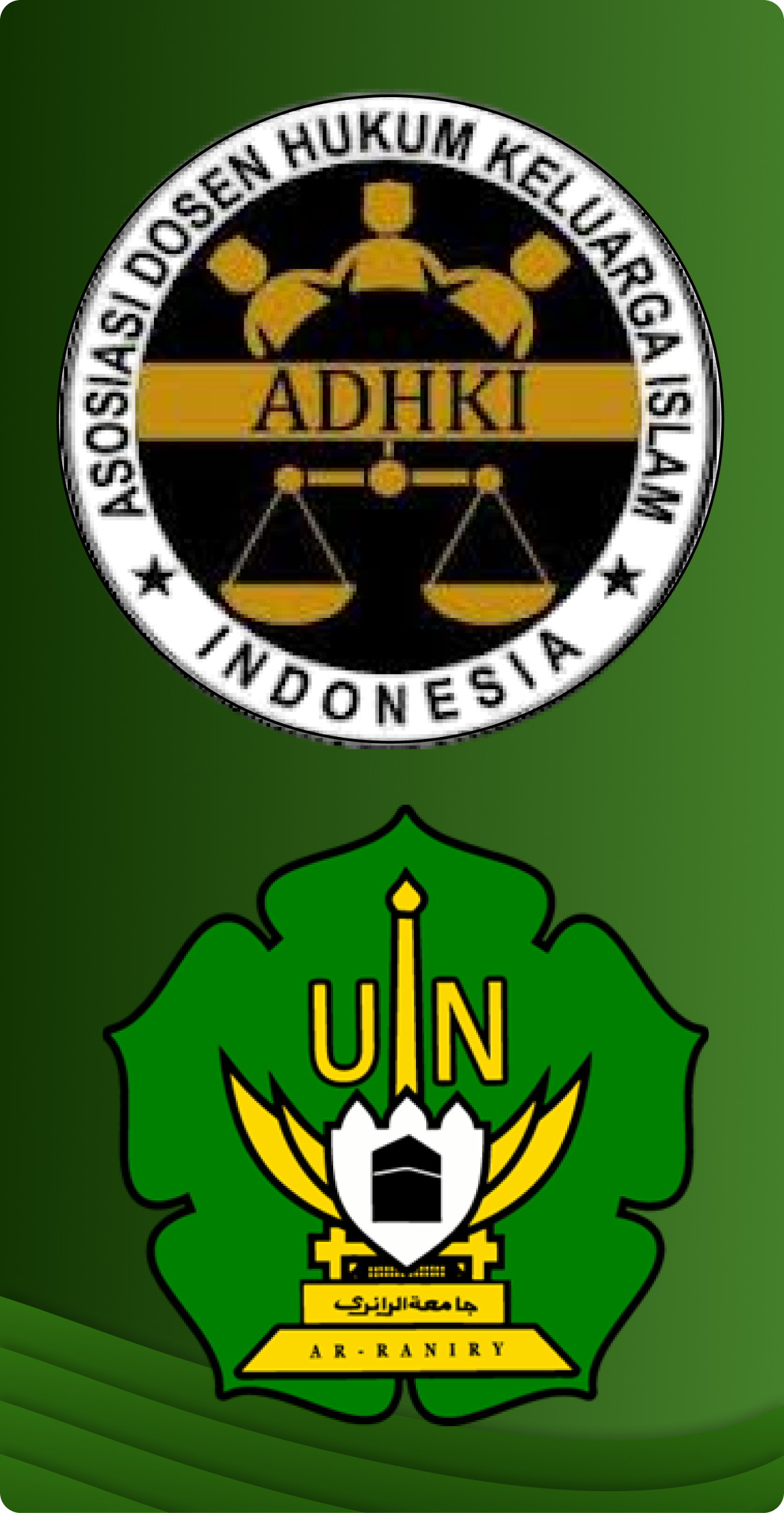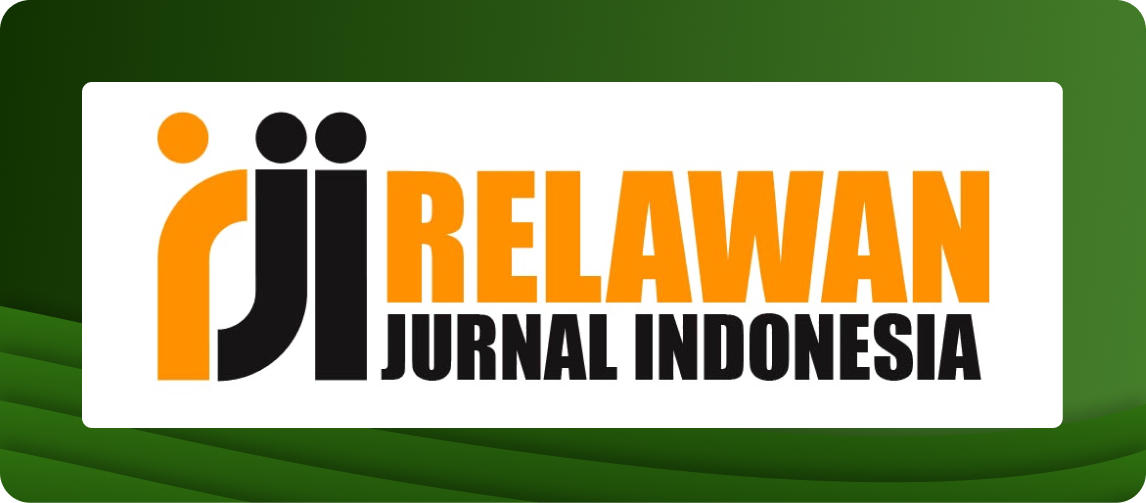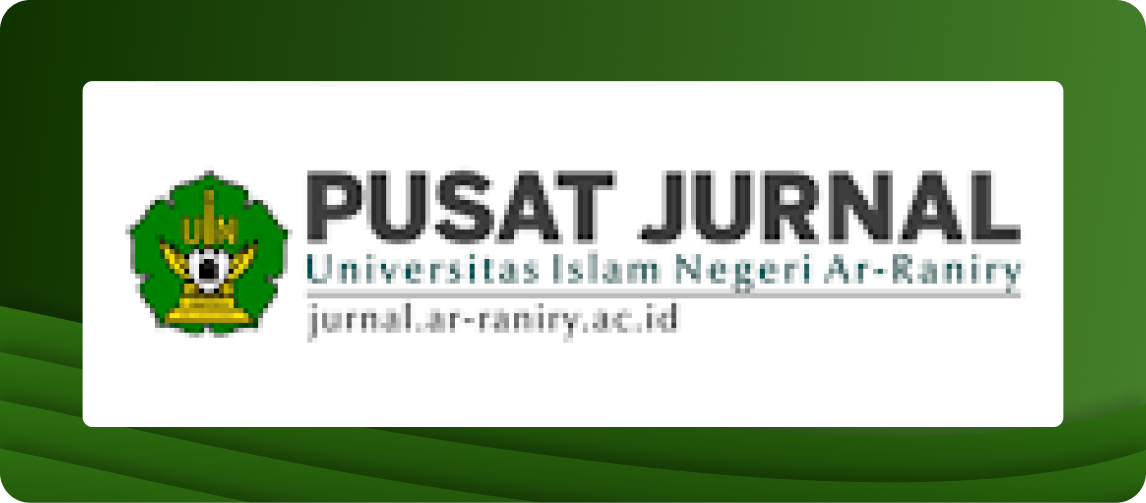Evolving Technology on Muslim Family
Conflicts and Solutions
DOI:
https://doi.org/10.22373/b9mrbq46Keywords:
Information and communication technology, ICT, Muslims family, conflicts, solutionsAbstract
Nowadays, information and communication technology (ICT) is being used in completing daily tasks of Muslims family. The tasks are including education, management services, banking, and more. The rapid developing of the technology such as gadgets, online services affected the families that lead to dilemma for society. There are positive and negative impacts of the ICT. Even though there are advantages, there are also conflicts and shortcomings that affected our religious beliefs and ethics. Therefore, this paper will discuss this issue and suggest solutions from the Islamic perspective and alternative solutions. As a result, this paper suggests that Muslims should utilize ICT wisely, intelligently and with integrity, guided by Shariah.
References
Journal and Books
Alchaqmaqchee, Ali Muwafaq, and Saad Najim Alsaad, ‘Design Scheme for Copyright Management System Using Blockchain and IPFS’, International Journal of Computing and Digital Systems, 10.1 (2021). doi:10.12785/ijcds/100159
AlDahdouh, Alaa A., ‘Information Search Behavior in Fragile and Conflict-Affected Learning Contexts’, The Internet and Higher Education, 50 (2021). doi:10.1016/j.iheduc.2021.100808
Alshammari, Salah T., Aiiad Albeshri, and Khalid Alsubhi, ‘Integrating a High-Reliability Multicriteria Trust Evaluation Model with Task Role-Based Access Control for Cloud Services’, Symmetry, 13.3 (2021), doi:10.3390/sym13030492
Castiblanco Jimenez, Ivonne Angelica, Laura Cristina Cepeda García, Maria Grazia Violante, Federica Marcolin, and Enrico Vezzetti, ‘Commonly Used External TAM Variables in E-Learning, Agriculture and Virtual Reality Applications’, Future Internet, 13.1 (2020). doi:10.3390/fi13010007
Ceron, Wilson, Gabriela Gruszynski Sanseverino, Mathias-Felipe De-Lima-Santos, and Marcos G. Quiles, ‘COVID-19 Fake News Diffusion across Latin America’, Social Network Analysis and Mining, 11.1 (2021). doi:10.1007/s13278-021-00753-z
Deng, Xiaolei, Tilman Lesch, and Luke Clark, ‘Pareto Distributions in Online Casino Gambling: Sensitivity to Timeframe and Associations with Self Exclusion’, Addictive Behaviors, 120 (2021). doi:10.1016/j.addbeh.2021.106968
Duong, Xuan-Lam, and Shu-Yi Liaw, ‘Determinants of Online Shopping Addiction among Vietnamese University Students’, Journal of Human Behavior in the Social Environment, 32.3 (2022). doi:10.1080/10911359.2021.1901824
Elmahjub, Ezieddin, ‘Artificial Intelligence (AI) in Islamic Ethics: Towards Pluralist Ethical Benchmarking for AI’, Philosophy & Technology, 36.4 (2023). doi:10.1007/s13347-023-00668-x
Fosch-Villaronga, E., A. Poulsen, R.A. Søraa, and B.H.M. Custers, ‘A Little Bird Told Me Your Gender: Gender Inferences in Social Media’, Information Processing & Management, 58.3 (2021). doi:10.1016/j.ipm.2021.102541
Haque, Shahidul, ‘Information and Communication Technology in Islamic Propagation Lack of Authenticity Addiction ’:, International Journal of Information and Communication Technology Research, 6.8 (2016)
Ho, Thi Truc Quynh, ‘Facebook Addiction and Depression: Loneliness as a Moderator and Poor Sleep Quality as a Mediator’, Telematics and Informatics, 61 (2021). doi:10.1016/j.tele.2021.101617
Kardara, Magdalini, George Papadakis, Athanasios Papaoikonomou, Konstantinos Tserpes, and Theodora Varvarigou, ‘Large-Scale Evaluation Framework for Local Influence Theories in Twitter’, Information Processing & Management, 51.1 (2015). doi:10.1016/j.ipm.2014.06.002
Kong, YanRu, and JiaWu Yue, ‘Game Studies on Accounting Entity Behavior Based on Blockchain Technology’, in Proceedings of the 2020 International Conference on Cyberspace Innovation of Advanced Technologies (ACM, 2020). doi:10.1145/3444370.3444621
Lan, Qiu-Ye, Kate C. Chan, Kwan N. Yu, Ngan Y. Chan, Yun K. Wing, Albert M. Li, and others, ‘Sleep Duration in Preschool Children and Impact of Screen Time’, Sleep Medicine, 76 (2020). doi:10.1016/j.sleep.2020.09.024
Matalon, Yogev, Ofir Magdaci, Adam Almozlino, and Dan Yamin, ‘Using Sentiment Analysis to Predict Opinion Inversion in Tweets of Political Communication’, Scientific Reports, 11.1 (2021). doi:10.1038/s41598-021-86510-w
Melovic, Boban, Andjela Jaksic Stojanovic, Tamara Backovic Vulic, Branislav Dudic, and Eleonora Benova, ‘The Impact of Online Media on Parents’ Attitudes toward Vaccination of Children—Social Marketing and Public Health’, International Journal of Environmental Research and Public Health, 17.16 (2020). doi:10.3390/ijerph17165816
Mohadi, Mawloud, and Yasser Tarshany, ‘Maqasid Al-Shari’ah and the Ethics of Artificial Intelligence’, Journal of Contemporary Maqasid Studies, 2.2 (2023). doi:10.52100/jcms.v2i2.107
Moon, Hee, and Seonah Lee, ‘Moderating Effects of Socio‐ecological Factors on the Relationship between Adolescent Exposure to Media Violence and Attitudes towards School Bullying’, Journal of Advanced Nursing, 76.11 (2020). doi:10.1111/jan.14478
Piatkowski, Timothy M., Katherine M. White, Leanne M. Hides, and Patricia L. Obst, ‘The Impact of Social Media on Self‐evaluations of Men Striving for a Muscular Ideal’, Journal of Community Psychology, 49.2 (2021). doi:10.1002/jcop.22489
Sallam, Malik, Deema Dababseh, Alaa Yaseen, Ayat Al-Haidar, Duaa Taim, Huda Eid, and others, ‘COVID-19 Misinformation: Mere Harmless Delusions or Much More? A Knowledge and Attitude Cross-Sectional Study among the General Public Residing in Jordan’, ed. by Flávia L. Osório, PLOS ONE, 15.12 (2020). doi:10.1371/journal.pone.0243264
Sheikh Khairudin, Sheikh Muhamad Hizam, and Mohammad Amin Mohammad., ‘The Role of Information Technology on the Muslim Community in the Era of Globalization and Digitalization’, Journal of Information Technology Management, 13.3 (2021). doi:doi.10.22059/jitm.2021.83236.
Siddhpura, Arti, and Milind Siddhpura, ‘Plagiarism, Contract Cheating And Other Academic Misconducts In Online Engineering Education: Analysis, Detection And Prevention Strategies’, in 2020 IEEE International Conference on Teaching, Assessment, and Learning for Engineering (TALE) (IEEE, 2020). doi:10.1109/TALE48869.2020.9368311
Vraga, Emily K., and Kathryn H. Jacobsen, ‘Strategies for Effective Health Communication during the Coronavirus Pandemic and Future Emerging Infectious Disease Events’, World Medical & Health Policy, 12.3 (2020). doi:10.1002/wmh3.359
Zamboni, Lorenzo, Silvia Carli, Marika Belleri, Rosaria Giordano, Giulia Saretta, and Fabio Lugoboni, ‘Covid-19 Lockdown: Impact on Online Gambling, Online Shopping, Web Navigation and Online Pornography’, Journal of Public Health Research, 10.1 (2021), doi:10.4081/jphr.2021.1959
Zejno, Bukuri, ‘Plagiarism in Academic Writing among Students of Higher Learning Institutions in Malaysia: An Islamic Perspective’, Journal of Education and Social Sciences, 9.3 (2018)
Downloads
Published
Versions
- 2025-06-30 (3)
- 2025-06-30 (2)
- 2025-06-30 (1)
Issue
Section
License
Copyright (c) 2025 Nurul Ilyana Muhd Adnan, Hafizuddin Muhd Adnan, Nurul Izwah Muhd Adnan

This work is licensed under a Creative Commons Attribution-ShareAlike 4.0 International License.
Authors who publish in El-Usrah: Jurnal Hukum Keluarga agree to the following terms:
Authors retain copyright and grant the journal right of first publication with the work simultaneously licensed Attribution-ShareAlike 4.0 International (CC BY-SA 4.0) that allows others to share the work with an acknowledgment of the work's authorship and initial publication in this journal.
Authors are able to enter into separate, additional contractual arrangements for the non-exclusive distribution of the journal's published version of the work (e.g., post it to an institutional repository or publish it in a book), with an acknowledgment of its initial publication in this journal.
Authors are permitted and encouraged to post their work online (e.g., in institutional repositories or on their website) prior to and during the submission process, as it can lead to productive exchanges, as well as earlier and greater citation of published work. (See The Effect of Open Acces)

















